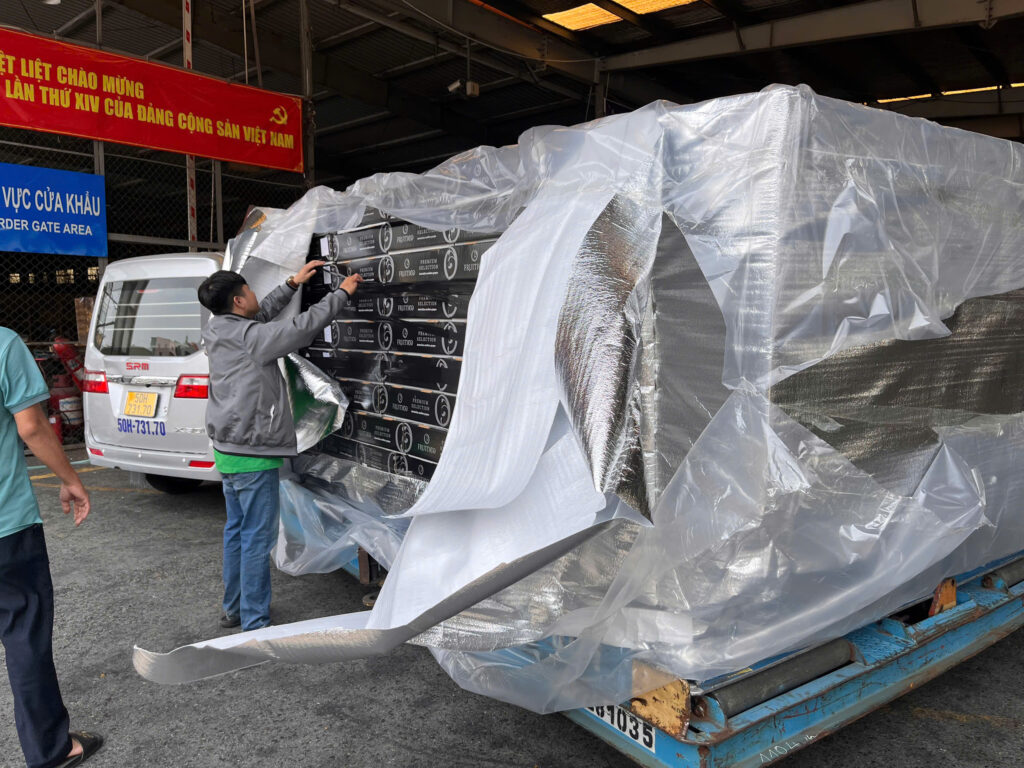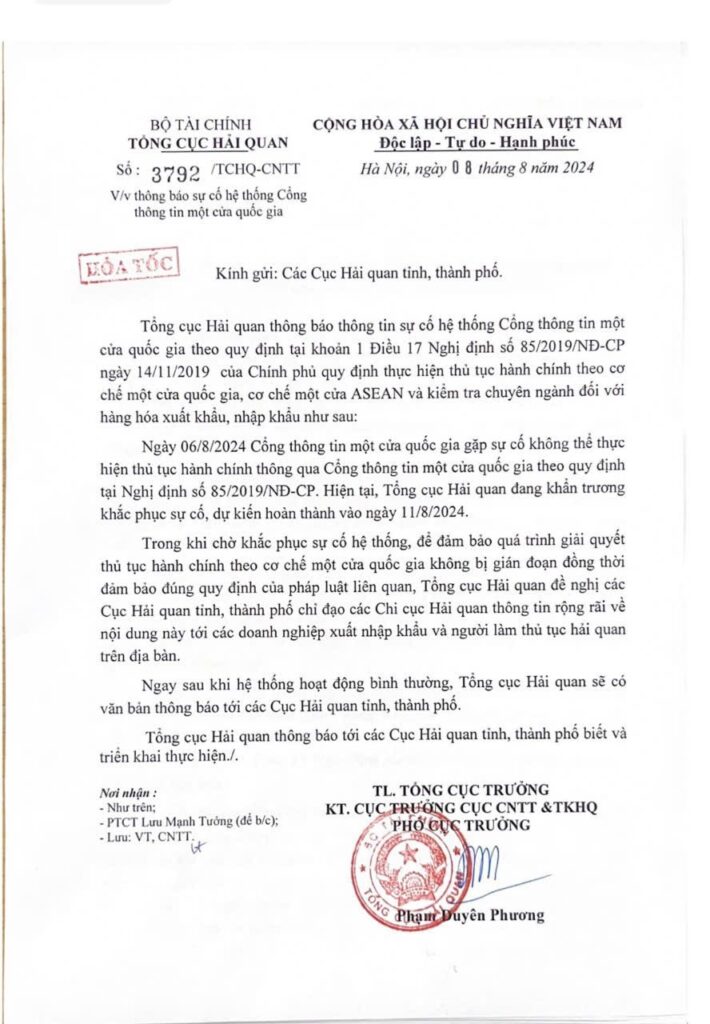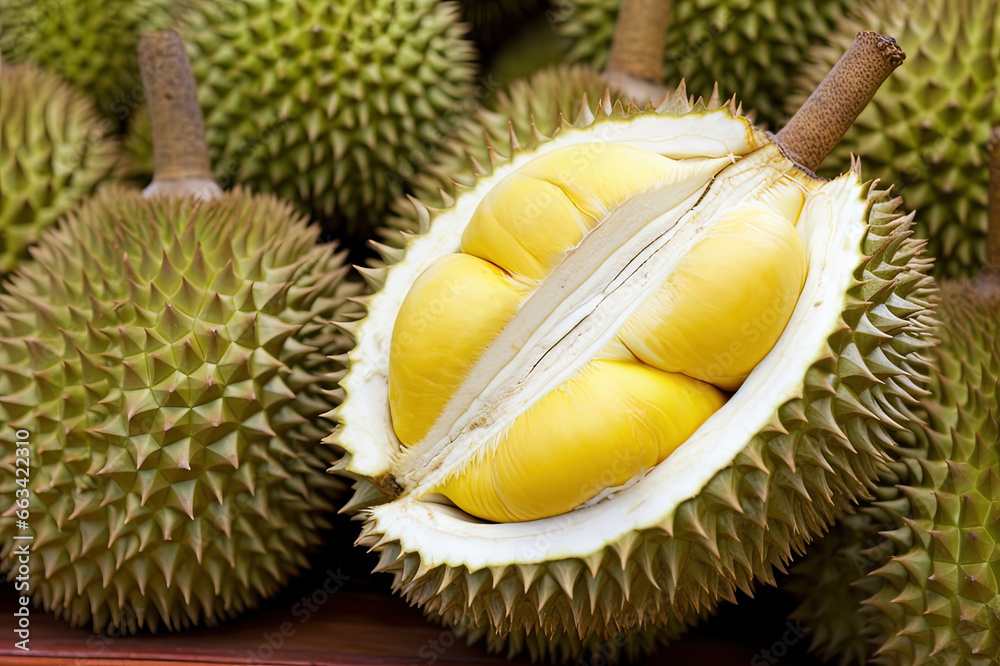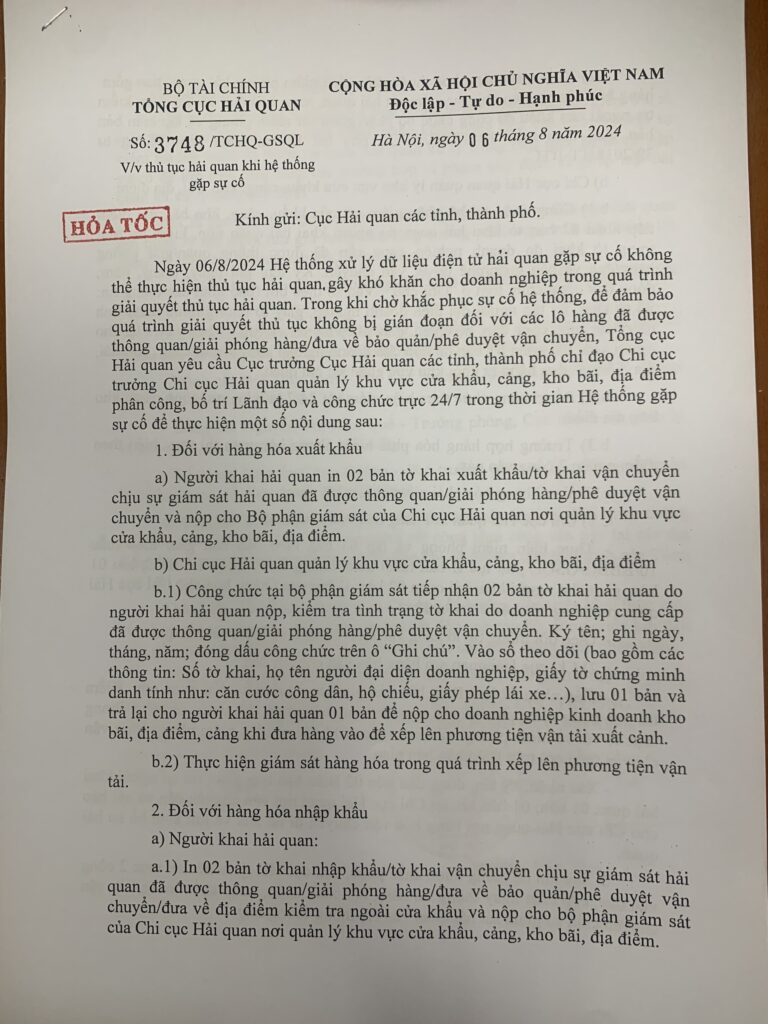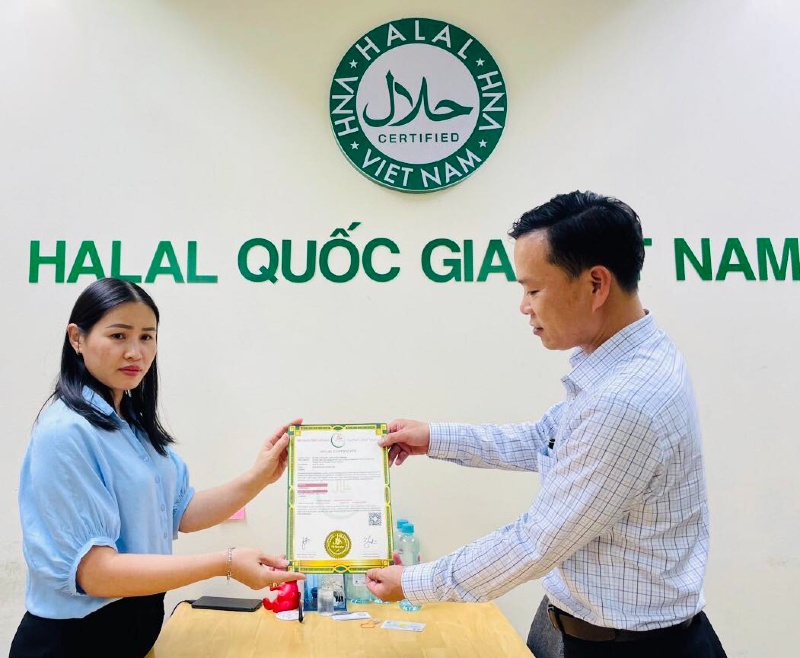Scenes of brokers and traders entering durian gardens to compete to buy and raise prices are as bustling as brokers during the land fever period.
Being offered a higher price than the signed contract, many farmers "broke the deal" with the pre-booker, causing many units to lack goods and risk paying off contracts with partners.
Stork raises prices, farmers "break stakes"
About this week, at the gardens durian The communes of Ea Kiet, Ea Tul, Ea Tar, Ea Kuêh... (Cu M'gar, Dak Lak) are bustling with durian trading, cutting and picking. This is one of the earliest durian growing areas to be sold and exported in Dak Lak, so the "price gougers" flocked here.
"Nowadays, the price here is 85,000 - 90,000 VND/kg. My family is also heartbroken. But I sold them to people at the beginning of the season, when the fruit was still small and didn't know whether it was good or bad, so I had to fulfill the agreement. However, the trader was also very kind, buying small to large fruits at the same price for 72,000 VND/kg. At this price, my family has made a lot of profit and is very happy," Mr. Vinh was excited.
However, not all farmers are as "simple" as Mr. Vinh. Raising prices leading to abandonment of deposits occurs in many places.
Ms. Yen, a durian trader for decades, selling directly to China and Thailand, is fed up with the fluctuating selling prices like this year.
She said that since 2 months ago, she has gone to many gardeners, choosing gardens with beautiful trees and fruits to set prices and prepare goods to go to China.
“At that time, durian prices in the Central Highlands were low, I closed the gardens at 65,000 VND/kg. But when it's almost time to cut, many gardeners find an excuse to "break the contract". A gardener in Ea Kar district received a deposit of 900 million to sell about 70 tons of durian. If any party violates, the compensation will be tripled. However, when someone set the price at 85,000 VND/kg, they voluntarily removed the deposit but only paid a deposit of 900 million VND. To make up for this 70 tons of goods, I still don't know where to find them. If there are not enough goods, my Chinese and Thai partners will force me to pay a deposit three times higher than the contract," Ms. Yen said.
Ms. An, a warehouse owner from Tay Ninh province who came to buy durian, also suffered because she was "broken". Ms. An said that just last week she was "cheated" by a gardener in Dak Nong when traders and other durian brokers set a higher price even though she had received 800 million in advance for 40 tons of durian.
"Yesterday there was a gardener who received more than 1 billion in deposit, but when someone came to pay a high price, this person called loudly, demanding to increase the price or they would "break the deposit", do whatever they want," said Ms. An. deep.
Businesses embrace sadness
The reason why the price of durians purchased at the garden has increased rapidly, traders and businesses believe is due to the participation of many groups of "land brokers" who have switched to being "price brokers for durians". This group doesn't understand anything about durian, just haphazardly make a profit.
In addition, some Chinese and Thai traders and durian storks are present in durian growing areas, leading to price chaos.
These people usually have 1-2 interpreters and brokers to take them to see the garden. They will decide which garden they like, and the price will be 5,000 - 10,000 VND/kg higher.
“Maybe they have a source of consumption, but it's also possible that they cause price chaos in the market to take over and impose the purchase price. However, when farmers hear such high prices, they sell and "break stakes" even though they do not know who these people are," Ms. Yen analyzed.
Talking more about this, Ms. Ngo Tuong Vy - General Director of Co., Ltd import and export Chanh Thu - said that farmers canceling deposit contracts has affected the reputation as well as the economic and financial situation of the business.
Businesses cannot use the reason farmers "break stakes" to cancel contracts with partners because they will have to pay compensation and the biggest damage is reputation and brand.
According to Ms. Vy, the price previously set for farmers was from 60,000 - 65,000 VND/kg (buying a bucket, regardless of big or small fruit), the farmers were very profitable. If the garden has a ratio of 90% of grade 1 goods, you can buy it for 80,000 VND/kg. If you have a garden of 60% of grade 1 goods, you can only buy it for 65,000 - 70,000 VND/kg, which is reasonable.
However, farmers do not understand this problem and still think that the current fixed price of 90,000 - 95,000 VND/kg is for the whole garden, leading to cancellation of the stake.
Analyzing this further, Mr. Le Anh Trung - vice president of the Dak Lak Durian Association - acknowledged that the current price inflation situation will create consequences that cause production and consumption chains to be completely broken.
To avoid conflicts of interest in the future, the Dak Lak Durian Association recommends that its members be farmers and Cooperative in the implementation of commercial contracts.
When signing a contract, it is necessary to carefully evaluate capacity export enterprise; Where is the packaging facility and what is the capacity scale? "Because of the immediate benefits, the parties will lose trust in each other, making it difficult to develop together," Mr. Trung said.
Farmers in Cu M'gar, Dak Lak harvest early ripe durian - Photo: TAM AN
The price of durian at the garden is up to 100,000 VND/kgMr. Le Van Thanh - Director of Ia Mo Nong Production, Trade, Service and Agricultural Tourism Cooperative (Chu Pah District, Gia Lai) - said durian prices have continuously increased in recent times. If at the beginning of the season in May, the price traders deposited at the garden was about 50,000 VND/kg, then the current price, when the new durian crop is in the middle of the season, is up to 80,000 VND/kg. The price of durian that meets export standards can be up to 100,000 VND/kg. At the same time last year, durian prices were only 40,000 - 45,000 VND/kg. This year the price has nearly doubled. Explaining this situation, the director of the cooperative with more than 200 hectares of durian said that this year most places lost their durian harvest, and the market showed signs of scarcity. “In November to December, when durians start to flower, the rains should have ended but now it continues to rain, causing flower loss in many durian gardens. There are flower gardens that lose up to 70 - 80%. Even until January this year, when durians began to bear fruit, it continued to rain, causing this year's fruit output to be severely affected" - Mr. Thanh explained. According to Mr. Thanh, durian output has decreased across the region, causing businesses that have signed export contracts to the Chinese market to lack supplies, forcing these businesses to push prices higher to buy enough goods for export. , otherwise the contract will be fined. "The export contract has already been signed, but if there is not enough exported goods for people, there will be contract fines, so even if businesses have to suffer losses, they still have to try to buy them. The reason is because they did not calculate in advance and estimate this year's output," Mr. Thanh said. By the end of 2022, the entire Gia Lai province has 4,068 hectares of durian, of which the product area is 1,706.5 hectares, with output reaching over 24,870 tons. It is expected that by 2025, Gia Lai will have a durian area of 5,000 hectares. |
Prevent market manipulation, protection, and pressure on durian pricesTo ensure security and order in the durian season, Lieutenant Colonel Thai Khac Chinh - Chief of Cu M'gar District Police - said that before the season started, the unit had a plan to protect the crop. District police and commune police organize regular shock forces to "go to every garden, knock on the door of every farm hut" to remind people to take measures to prevent theft in the durian season. Particularly, the district and commune police forces always assign 30% troops to patrol locations to work with the people to prevent theft. Regarding the "chaotic price fixing" of durian, Lieutenant Colonel Chinh said that these are civil contracts, the rights of people and traders. However, to ensure security and order and avoid future consequences, the district police have implemented many professional measures to ensure the safety of people and businesses to do business properly. All communes have established Zalo groups to connect with each garden owner so that when there is information that groups of storks and traders show signs of coming to the gardens to pay unusually high prices, traders with foreign elements..., farmers will immediately report it. “The police do not make it difficult to do business or trade, but must check the identities of strangers who pay unusually high prices, regardless of their financial capacity, and whether they are doing real business or not to prevent price gouging and ensure durian millet from strangers," Mr. Chinh said. |



